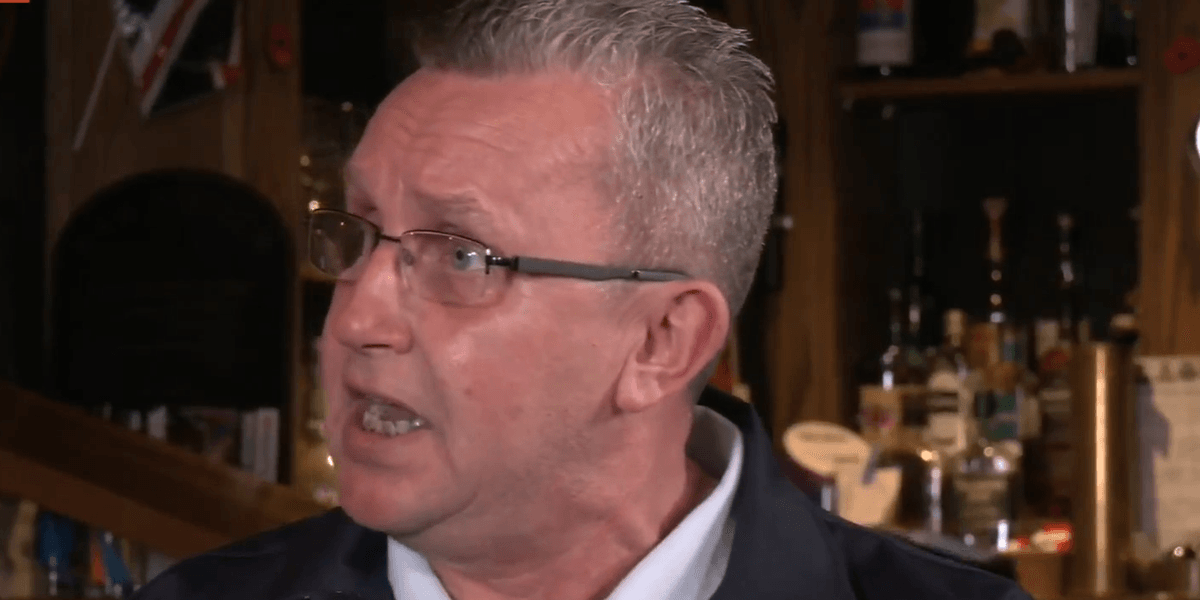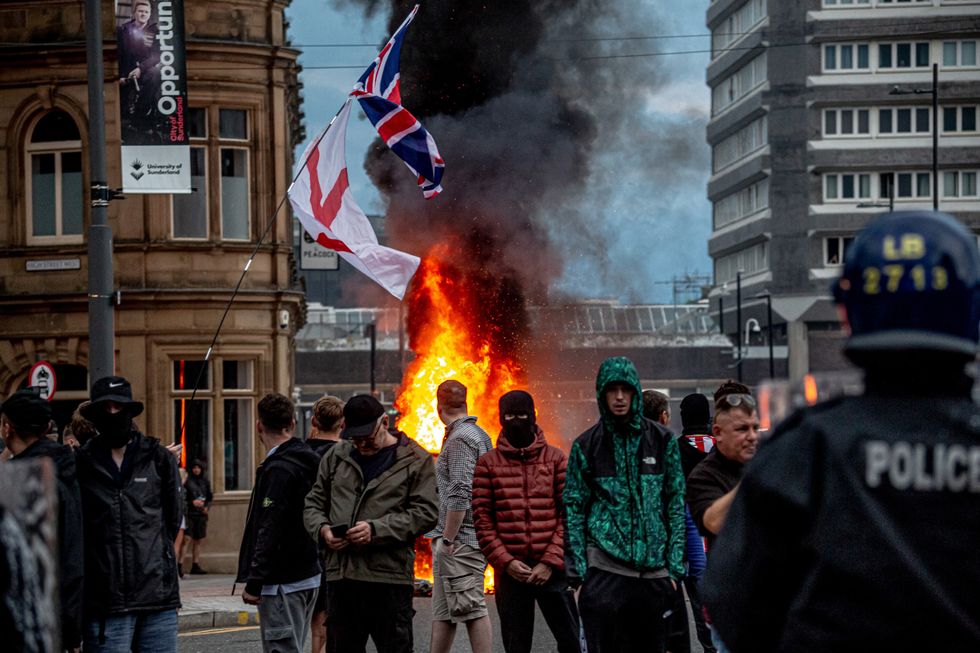



A working men's club proprietor in Sunderland has attributed last summer's violent disorder to mounting frustration among residents who felt their voices were being ignored by authorities.
Paul Shakel, speaking to GB News, identified the failure to address community concerns as the primary catalyst for the unrest that erupted in the city twelve months ago.
"It's mostly people not being listened to. The frustration has built up and the anger followed that," Shakel explained during the interview.
He emphasised that residents had attempted to express their grievances through proper channels before tensions boiled over.

GBNEWS
|Paul Shakel said people are fed up of being 'taxed to the hilt'
"They've got major concerns and they're trying their best to air it. Nothing will get resolved until the people are listened to," he stated.
Shakel outlined several specific grievances that he said dominate conversations at his establishment each weekend.
"They fear the streets aren't safe. Austerity measures, they're taxing people to the hilt. It's taking two adults in a family to keep a roof over their heads," he told GB News.
The club owner expressed particular anger about accommodation arrangements affecting military veterans.

GBNEWS
|Shakel joined Martin Daubney on GB News
"We've got veterans being pushed out of buildings to house immigrants," Shakel claimed.
He questioned the authorities' expectations regarding public acceptance of such policies.
"How did they think people were going to accept that? It's going down very badly and people have had enough," he said.
According to Shakel, these issues represent the primary talking points among his members and reflect broader community sentiment.
 GETTY | An image from the summer riots in Sunderland
GETTY | An image from the summer riots in Sunderland
Despite the violence that engulfed his city, Shakel was keen to defend the character of local residents.
"We had the riots in Sunderland but that didn't portray a picture of Sunderland. The people of Sunderland are good, hardworking, loving people," he insisted.
The club owner, who witnessed the events firsthand, described how a peaceful demonstration deteriorated into chaos.
"I was there on the day of the protest and it was mostly peaceful and it was peaceful and people came in and it rocked everything and turned everything upside down," he recounted.
Shakel suggested the initial gathering had legitimate aims before external elements transformed the situation.
"We wanted to make a statement to the councils, to the political side, we've had enough of this," he explained.
The disturbances that began in Hartlepool on 31 July 2024 spread rapidly across the North East, with Sunderland experiencing violence two days later and Middlesbrough following on 4 August.
The unrest, sparked by misinformation following the Southport murders of three young girls by Axel Rudakubana, resulted in widespread arrests across the region.
Police data reveals the lasting impact, with 2,757 race and religious hate crimes recorded in the North East during the six months after the Southport attacks - a 34 per cent increase compared to the previous year.
Racially or religiously motivated assaults rose by 20 per cent to 361 incidents during the same period.
Cleveland Police have charged twelve individuals in connection with the disorder, whilst both Northumbria and Cleveland forces made numerous arrests during the riots themselves.
